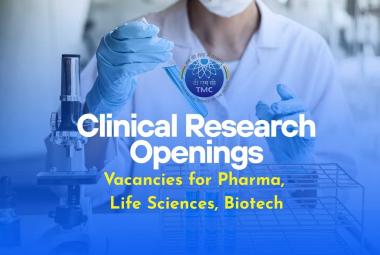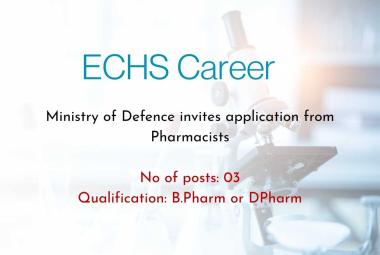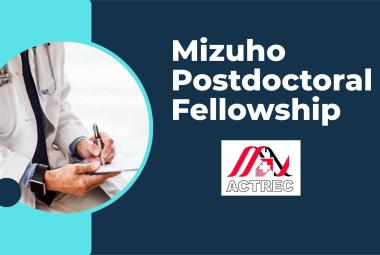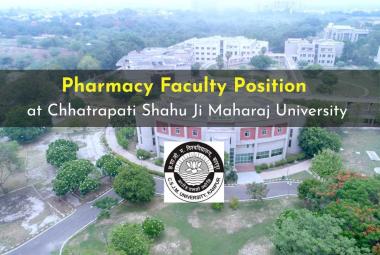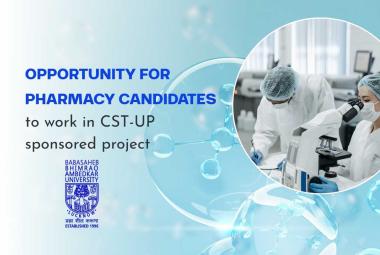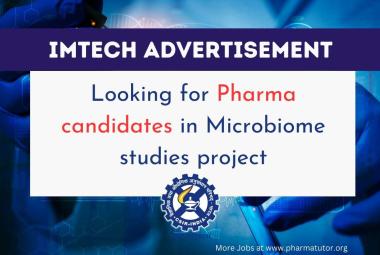
A clinical trial has begun testing an experimental stem cell treatment against the best available biologic therapies for severe forms of relapsing multiple sclerosis (MS). The trial, sponsored by the National Institute of Allergy and Infectious Diseases (NIAID), part of the National Institutes of Health, will compare the safety, efficacy and cost-effectiveness of the two therapeutic approaches.
MS is an autoimmune disease in which a person’s own immune cells attack the central nervous system. The experimental treatment involves using a mixture of four chemical agents to remove these immune cells. Some of the person’s own blood-forming stem cells, which were extracted before treatment, are then infused back into the individual. These cells repopulate the immune system, allowing it to reset itself so that the new immune cells no longer attack the central nervous system. This form of treatment is called autologous hematopoietic stem cell transplantation, or AHSCT.
It is estimated that MS affects more than 2.3 million people worldwide, mostly women, including more than one million people in the United States. Symptoms of the disease vary widely and may include motor and speech difficulties, weakness, fatigue and chronic pain. The most common form of the disease is relapsing-remitting MS, which is characterized by periods of mild or no symptoms interspersed with symptom flare-ups, or relapses. Incomplete recovery from relapses often leads to increasing disability. Over years, the disease can worsen and shift to a progressive form that may also include relapses.
The Food and Drug Administration has approved more than a dozen drugs for the treatment of relapsing forms of MS. These drugs vary in efficacy, safety and cost. For many people with severe forms of relapsing MS, first- and second-line drugs fail to adequately control the disease. Given these risks and benefits, investigators aim to determine whether AHSCT is an appropriate treatment option for people with severe forms of relapsing MS who would otherwise receive one of the best available third-line biologic drugs.
The trial is called BEAT-MS (BEst Available Therapy versus autologous hematopoietic stem cell transplant for Multiple Sclerosis). It is being conducted by the NIAID-funded Immune Tolerance Network (ITN) in collaboration with the Blood and Marrow Transplant Clinical Trials Network (BMT CTN). The BMT CTN is funded by the National Heart, Lung, and Blood Institute and the National Cancer Institute, both components of NIH. Leading the trial is Jeffrey A. Cohen, M.D., a professor of neurology at the Cleveland Clinic Lerner College of Medicine and the director of the Experimental Therapeutics Program in the Mellen Center for Multiple Sclerosis Treatment and Research at the Cleveland Clinic.
BEAT-MS will enroll 156 adults ages 18 to 55 years at 19 sites in the United States and the United Kingdom. Participants will be randomly assigned to receive either AHSCT or one of the best available high-efficacy biologic drugs, and then will be followed for 6 years. The neurologists who periodically examine the participants and assess their level of disability will not know which type of treatment they were assigned.
The main outcome investigators will measure is how much time elapses between a participant’s assignment to a treatment strategy and MS relapse or death from any cause, if either of these occur, during the first three years of the follow-up period. The researchers also will examine the mechanisms of action of the two treatment strategies and will compare the newly developing immune systems of participants who receive AHSCT with the immunologic features of participants who receive the best available biologic drugs. In addition, investigators will compare the effects of the two treatment strategies on other measures of disease activity and severity, cost-effectiveness in terms of health care costs and individual productivity, and participants’ quality of life.








